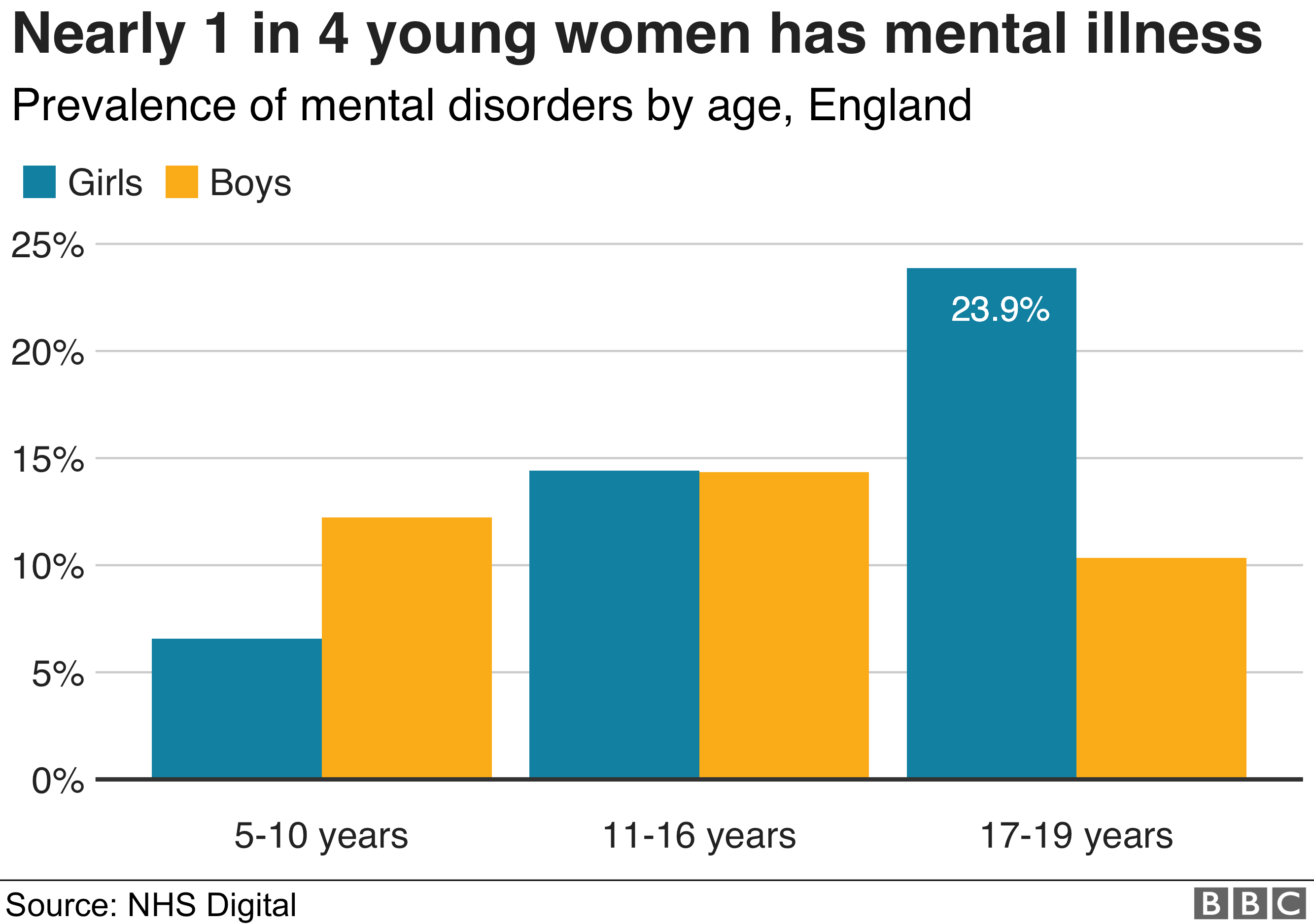Only 17 of 11 to 38 year olds experience no mental disorders according to a study in new zealand

Only 17% of 11 to 38-year-olds experience no mental disorders, according to a study in New Zealand.

Mental health disorders have become a global concern, affecting people across various age groups and demographics. In a recent study conducted in New Zealand, it was revealed that only 17% of individuals aged between 11 and 38 years experience no mental disorders. These findings shed light on the widespread prevalence of mental health issues among young adults, highlighting the urgent need for increased awareness and support.

The study, which surveyed a large sample size of individuals, aimed to provide a comprehensive understanding of mental health trends in this demographic. The results revealed that a staggering 83% of young people experience at least one form of mental disorder, ranging from anxiety and depression to more severe conditions such as bipolar disorder and schizophrenia.
These findings expose the harsh reality that mental health challenges have become a norm rather than an exception for a significant portion of the population. It is important to delve deeper into the factors contributing to this alarming rise in mental health disorders among young adults.
One possible explanation for the high prevalence of mental disorders is the increased exposure to stressors and pressures in today’s fast-paced world. Academic expectations, career aspirations, financial burdens, and societal pressures place immense strain on young individuals, making them more susceptible to mental health issues.
Moreover, the advent of social media and the constant need for validation exacerbate these stressors. Online platforms can both enable and hinder mental well-being, leading to feelings of inadequacy, loneliness, and anxiety. The relentless pursuit of perfection and comparison with others’ curated lives can have detrimental effects on mental health.
The stigma surrounding mental health also plays a crucial role in preventing individuals from seeking help or discussing their struggles openly. Many young adults may fear being judged or perceived as weak if they were to acknowledge their mental health issues. This reluctance to reach out for support only perpetuates the cycle of suffering and can exacerbate the severity of the conditions.
To address this growing crisis, it is essential to prioritize mental health support services, including accessible counseling, therapy, and resources for young adults. Raising awareness about mental health and creating a safe environment for open conversations can help destigmatize these issues and encourage individuals to seek the help they need. Schools, colleges, workplaces, and community organizations should actively promote mental well-being and implement strategies to support those struggling with mental health disorders.
In conclusion, the study conducted in New Zealand highlights the alarming prevalence of mental disorders among young adults aged between 11 and 38 years. The statistics reveal a pressing need for increased attention and support for mental health initiatives. By breaking the stigma, providing accessible resources, and fostering a supportive environment, we can work towards improving the well-being of young individuals and ensuring that mental disorders are not the norm but rather an exception in their lives.
Source: Science News
Tags
Share
Related Posts
Quick Links
Legal Stuff

